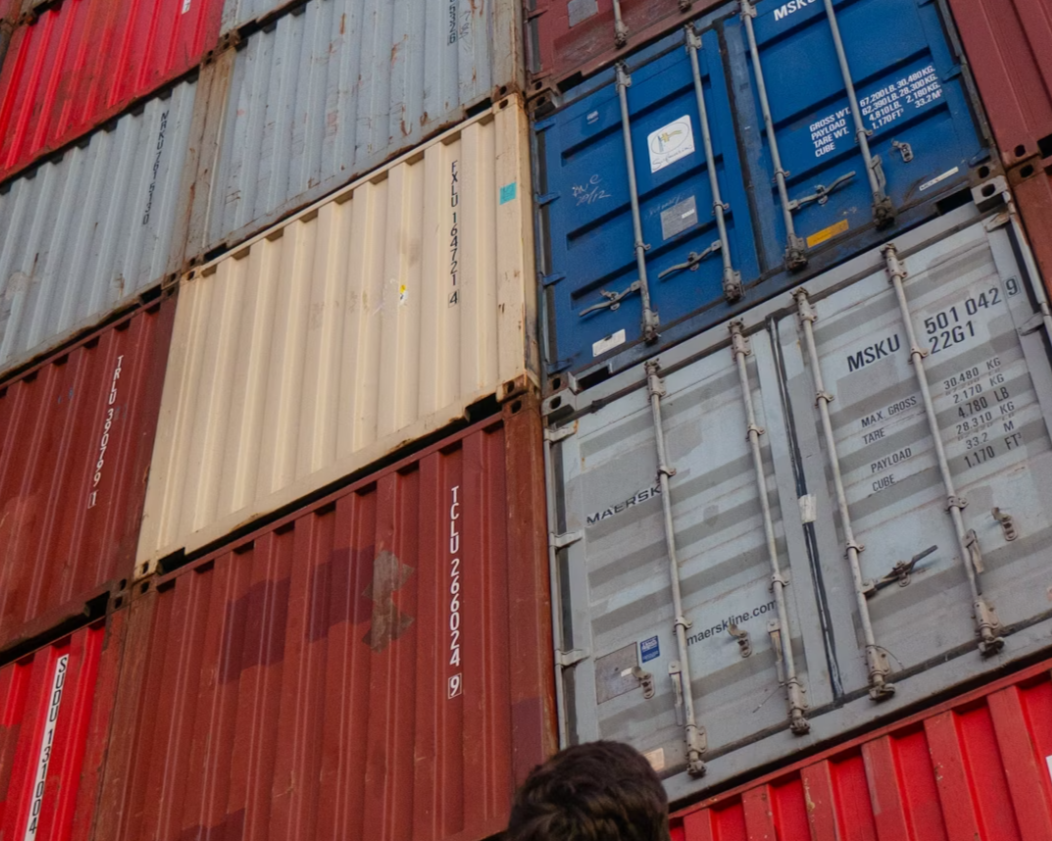India has taken a significant step to address rising food inflation by allowing limited imports of specific agricultural commodities under the tariff-rate quota (TRQ) system. This move, announced on Wednesday, permits importers to bring in certain quantities of corn, crude sunflower oil, refined rapeseed oil, and milk powder at zero or reduced duty rates.
The government has set specific quotas for each commodity:
– 150,000 metric tons of sunflower oil or safflower oil
– 500,000 tons of corn
– 10,000 tons of milk powder
– 150,000 tons of refined rapeseed oil
This decision comes as India, the world’s largest importer of vegetable oils and top milk producer, grapples with persistent food inflation. Since November 2023, food inflation has remained around 8 per cent y-o-y, primarily due to supply-side factors such as adverse weather conditions affecting crop yields. This sustained inflationary pressure has prevented the country from reducing interest rates.
To manage these imports, the government has designated specific cooperatives and state-run entities for the task. These include the National Dairy Development Board (NDDB), the National Cooperative Dairy Federation (NCDF), and the National Agricultural Cooperative Marketing Federation of India Ltd (NAFED).
However, this decision has met with mixed reactions from industry experts. A Mumbai-based dealer with a global trade house expressed skepticism about the need for concessional duty imports of sunflower and rapeseed oil. The dealer argued that oilseed prices are already under pressure due to cheaper imports that still attract duty, and duty-free imports will only exert additional pressure on the market.
India traditionally relies heavily on imports to meet its vegetable oil needs, sourcing nearly two-thirds of its requirements from countries like Indonesia, Malaysia, Russia, Ukraine, Argentina, and Brazil. The country imports palm oil, sunflower oil, and soybean oil to meet domestic demand.
In the dairy sector, India, despite being the world’s largest milk producer, has recently seen leading dairies increase prices for milk and milk products due to strong demand and limited supplies. This situation likely contributed to the decision to allow milk powder imports.
The decision to import corn comes in response to rising domestic prices, driven by strong demand from the poultry and ethanol industries.
It’s worth noting that India maintains strict regulations regarding genetically modified organisms (GMOs) in food crops. The country does not allow the cultivation of any genetically modified food crops and has measures in place to ensure that imports contain no trace of GMOs.
This move by the Indian government represents a delicate balancing act between managing food inflation, supporting domestic producers, and meeting consumer needs. The impact of these limited imports on local markets and inflation rates will be closely watched by policymakers and industry stakeholders in the coming months.



